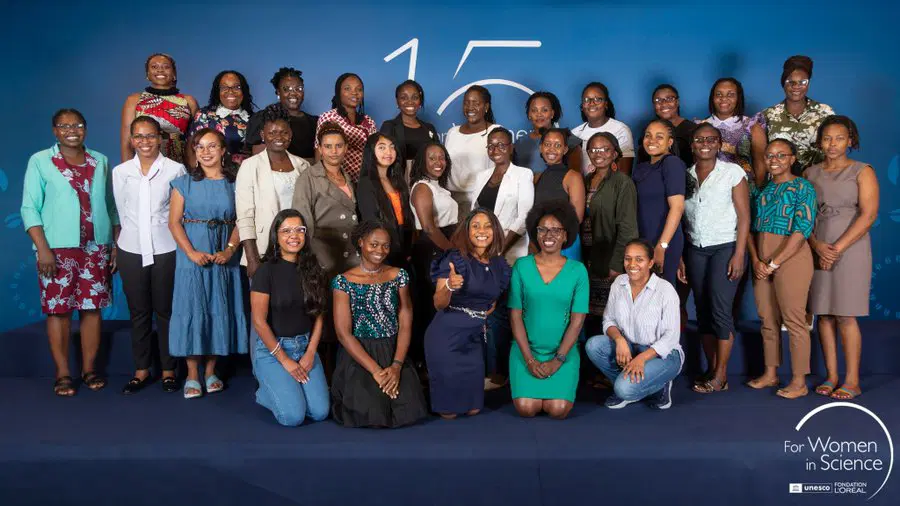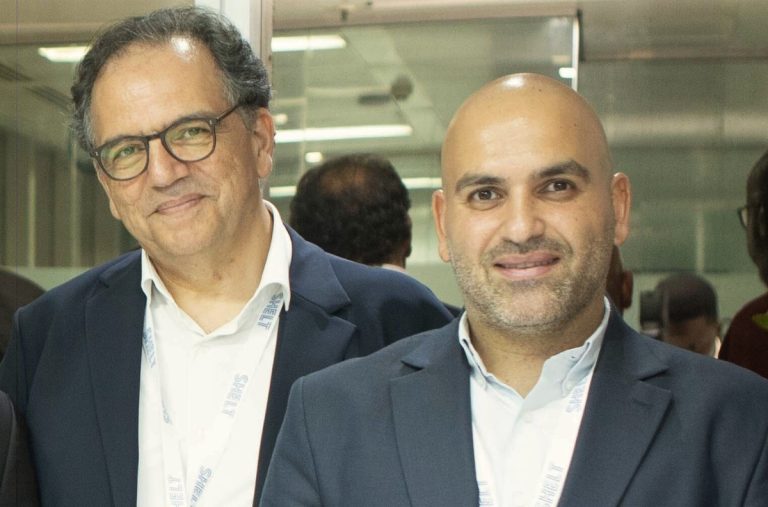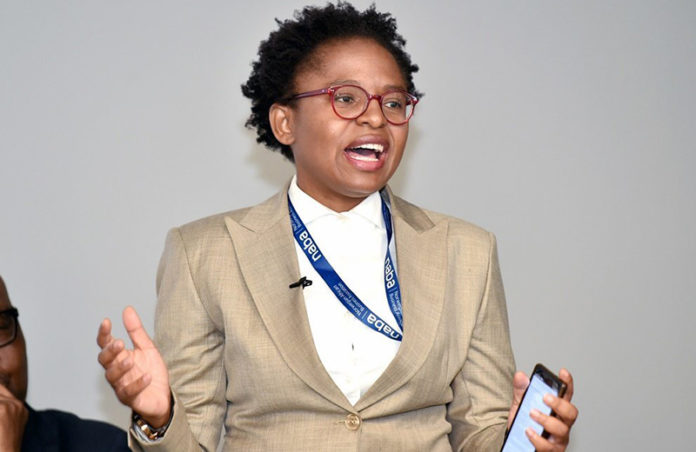5 Nigerian women among 30 African young scientists granted the L’Oréal-UNESCO Prize 2024.

The 15th L’Oréal-UNESCO For Women in Science Young Talents Sub-Saharan Africa Awards have concluded with 30 winners, including five Nigerian scientists: Mary Idowu, Opeyemi Ojueromi, Blessing Olagunju, Joyce Etura, and Magdalene Udobi.
Their innovative contributions to science and sustainable development in Africa are honored by the program.
Idowu received recognition for her work encouraging sustainable farming practices and fostering farmers’ adaptability to urbanization and climate change. Ojueromi’s research focuses on treating malaria with yogurt enhanced with citrus peel. While Etura’s study focuses on preeclampsia, a hazardous pregnancy illness marked by high blood pressure, Olagunju received recognition for her efforts to improve the quality of Nigerian water. Udobi’s research improves our knowledge of the genetic causes of breast cancer, which helps in diagnosis and treatment.
A jury led by Professor Aggrey Ambali, Head of Technical Cooperation and Program Financing at AUDA-NEPAD, chose the winners from among over 800 applications from 15 African nations.
In addition to honoring the winners, the awards event, which took place in Cotonou, Benin, on December 10, 2024, commemorated the program’s 15th anniversary, which since then has sponsored 240 researchers from 34 African countries.
“The challenges awaiting the world and the African continent are significant,” said Alexandra Palt, vice president of the Fondation L’Oréal, emphasizing the value of women in research. But we are only on the verge of them.
We need science more than ever to address those issues, but women who want to work in science face many barriers even though they can provide adapted viewpoints, limitless creative potential, and an uncompromising dedication to the advancement of humanity.
This explains why, in collaboration with UNESCO, we have been assisting female scientists in Sub-Saharan Africa for the past 15 years in order to help them become more capable leaders and create a more inclusive future. There is still a lot of territory to cover, therefore we must continue to be relentless in our efforts.
The transformative potential of science in addressing Africa’s difficulties was emphasized by Lidia Brito, Assistant Director-General for Natural Sciences at UNESCO.
The program offered financial grants of €10,000 for PhD candidates and €15,000 for post-doctoral researchers, alongside professional training in leadership, communication, and negotiation.
Past winners, like Tanzanian physician Dr. Neema Mduma, have said the honor has improved their careers.
It increased my self-esteem and sense of inclusion in the international community of female scientists. It also helped me develop new partnerships and improved my leadership abilities, which inspired me to take on new tasks. I am quite delighted to have been included in the group developing Tanzania’s development vision for the year 2050 as soon as I was given this honor. This is a special chance for me to use my knowledge of education and artificial intelligence to advance national development and encourage more young women to realize the impact that science can have,” Mduma remarked.







